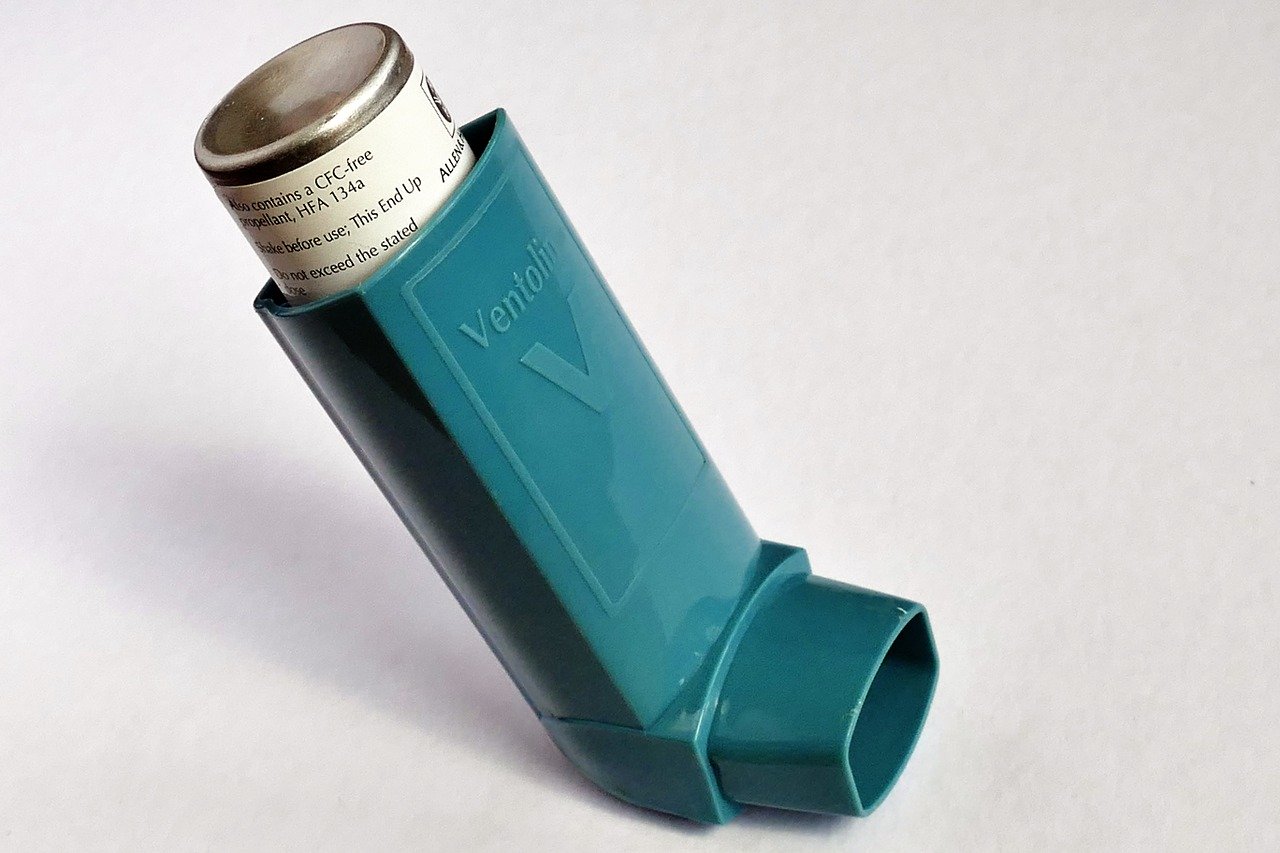The manufacturers usually give a suggested time frame for changing the filters, but then state that how long an activated carbon air filter lasts really depends on the amount of pollutants in the area, which is a little confusing.
A good rule of thumb is to change out all filters, HEPA and activated carbon/charcoal filters once per year, especially if you’re really sensitive to indoor air pollution. If you’re extremely sensitive, don’t take a chance-change your filters any time symptoms even begin to reappear.
For the rest of us that may not be able to tell if we’re really sensitive or not, but still want a better idea of how long our activated carbon/charcoal filters last and really when to change them, there is a way to ‘test’ it-by how well it is still removing odors and smells.
Military grade carbon in gas masks, and in good carbon/charcoal air purifier filters work by absorbing or attracting airborne chemical residues in the air. And since odors and smells also come from airborne chemical molecules and residues, if an activated carbon/charcoal filter in your air purifier is still working well, it should be able to mostly or completely remove an odor or smell in a matter of minutes, right?
So, one way to ‘test’ your activated carbon/charcoal air filter is to put your air purifier either in the kitchen after you’ve finished cooking, making coffee, or spray a little air freshener or cologne into the air around you, then turn the air purifier on high for 15 minutes or so. If the smell goes away completely or is very noticeably reduced, the activated carbon/charcoal filter is probably still doing its job trapping the airborne chemical molecules responsible for the smell.
You can test the filter again later and if it takes longer to get rid of the odors, that tells you that the carbon is ‘filling’ up and the air is needing to circulate through the air purifier a few more times to become clean. True military grade carbon or charcoal filters (as in Austin Air purifiers) will do a better job and last longer, but once you begin to notice that odors aren’t going away like they used to, that carbon filter is probably ‘full’ and needs to be changed to make sure you and your family are still breathing clean air.
It is very important, however, if you’re using an air cleaner for severe health issues, chemical sensitivities, or in an industrial application where hazardous airborne chemicals are present, to replace the carbon filters or at least install fresh bulk carbon on schedule or a little before to ensure than the air cleaner isn’t circulating more pollutants than normal because the carbon filter is saturated and just blowing polluted air through the unit.
There are also various electronic and saturation / color change type chemical and VOC detectors and for any industrial applications where dangerous vapors or gases are present, we highly recommend using those with your air cleaner to let you know when the filter has stopped removing the pollutants, or if the air cleaner isn’t sufficiently removing them.








